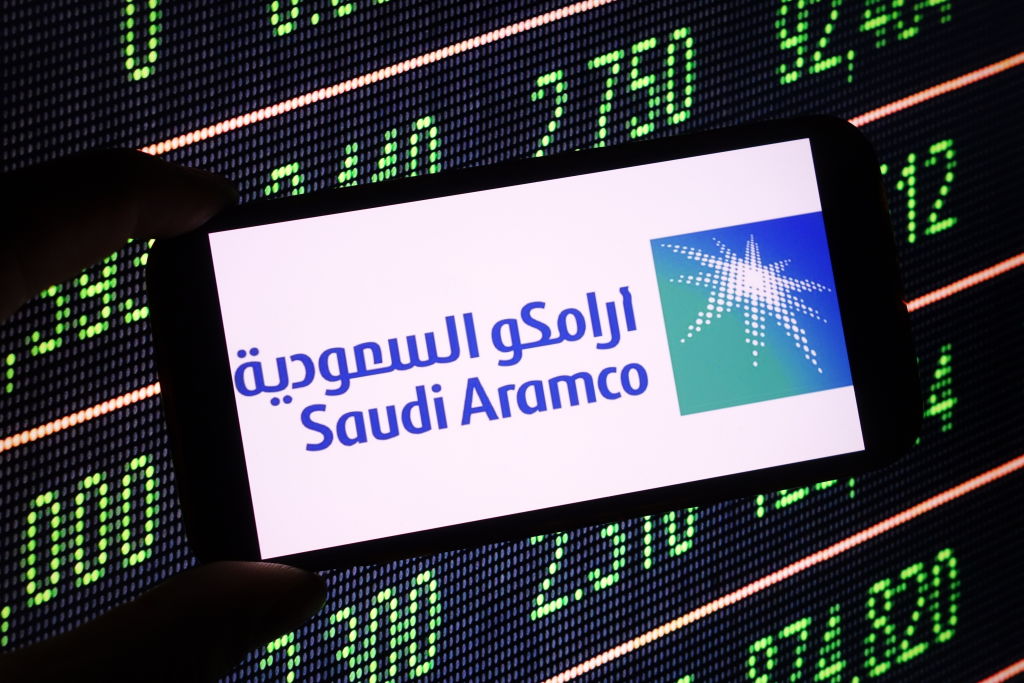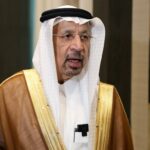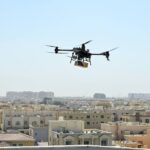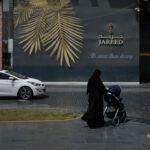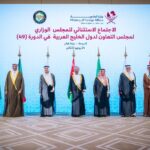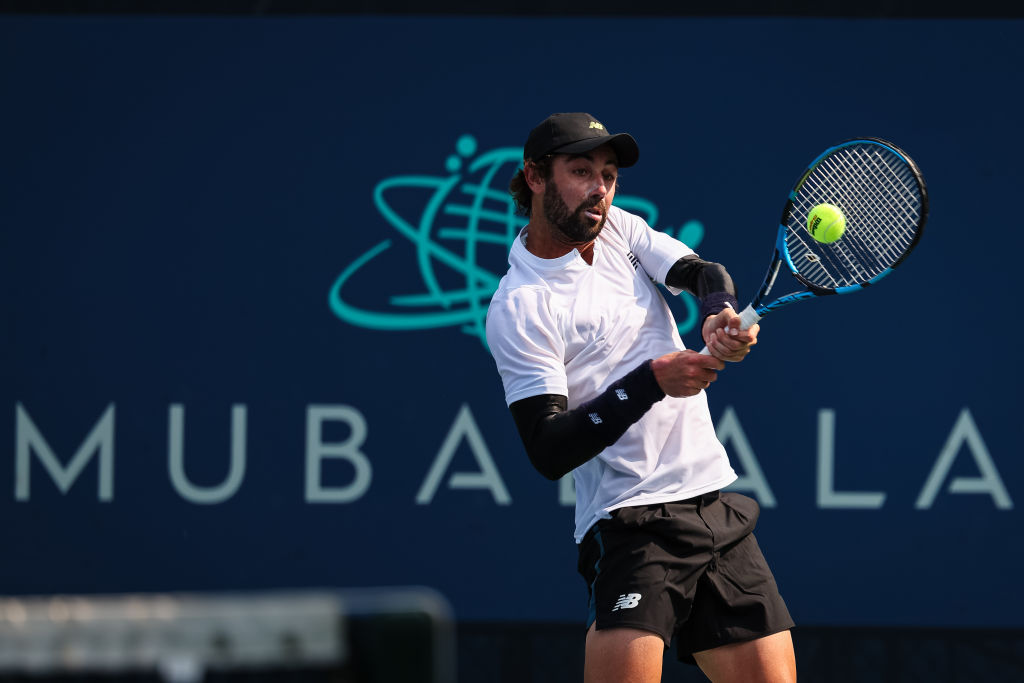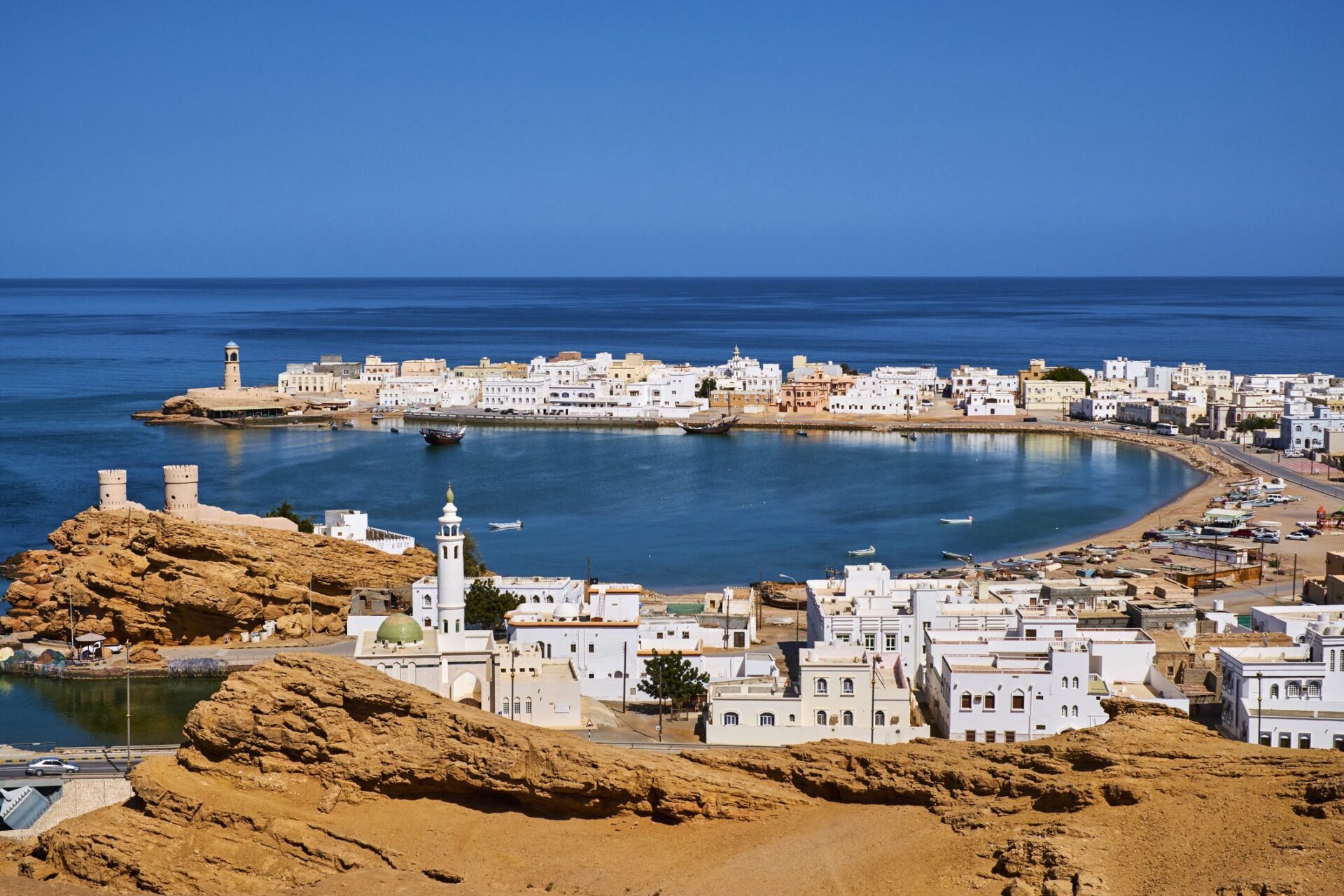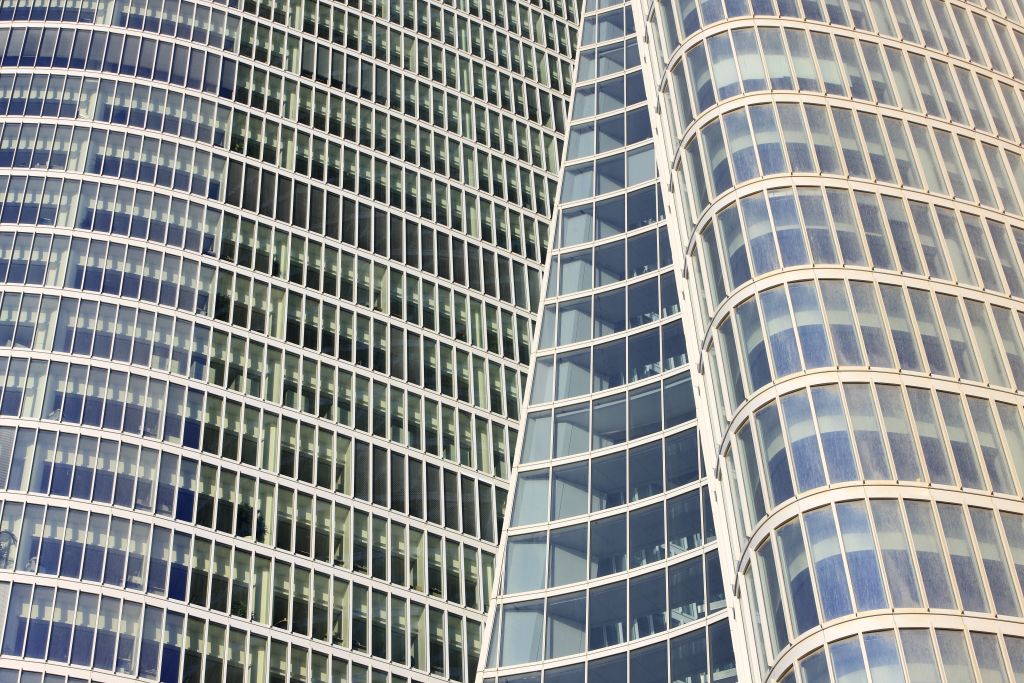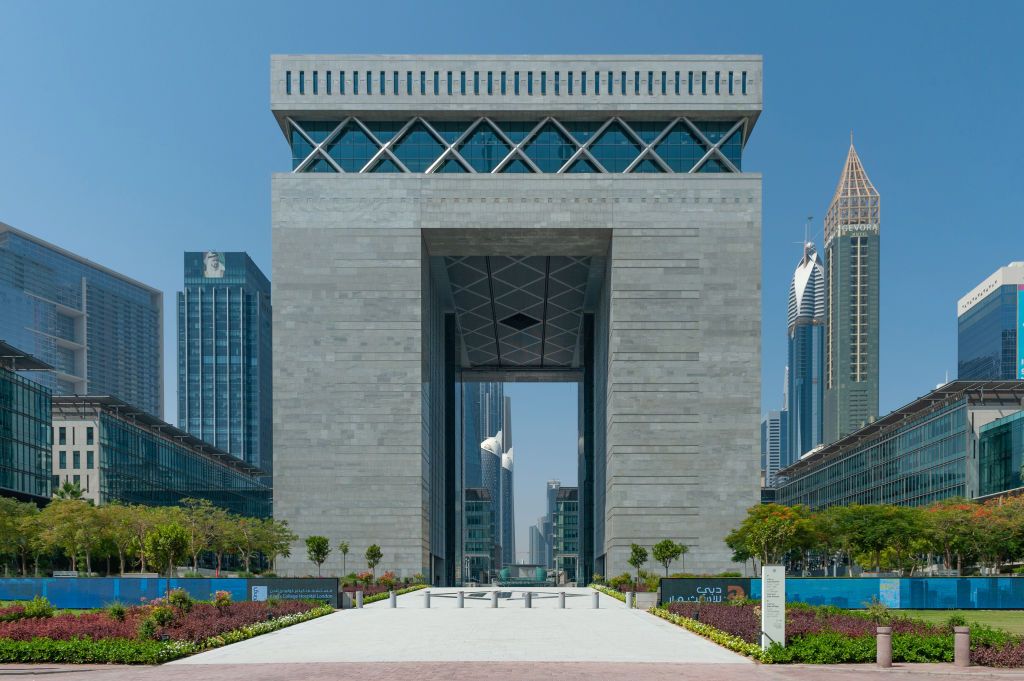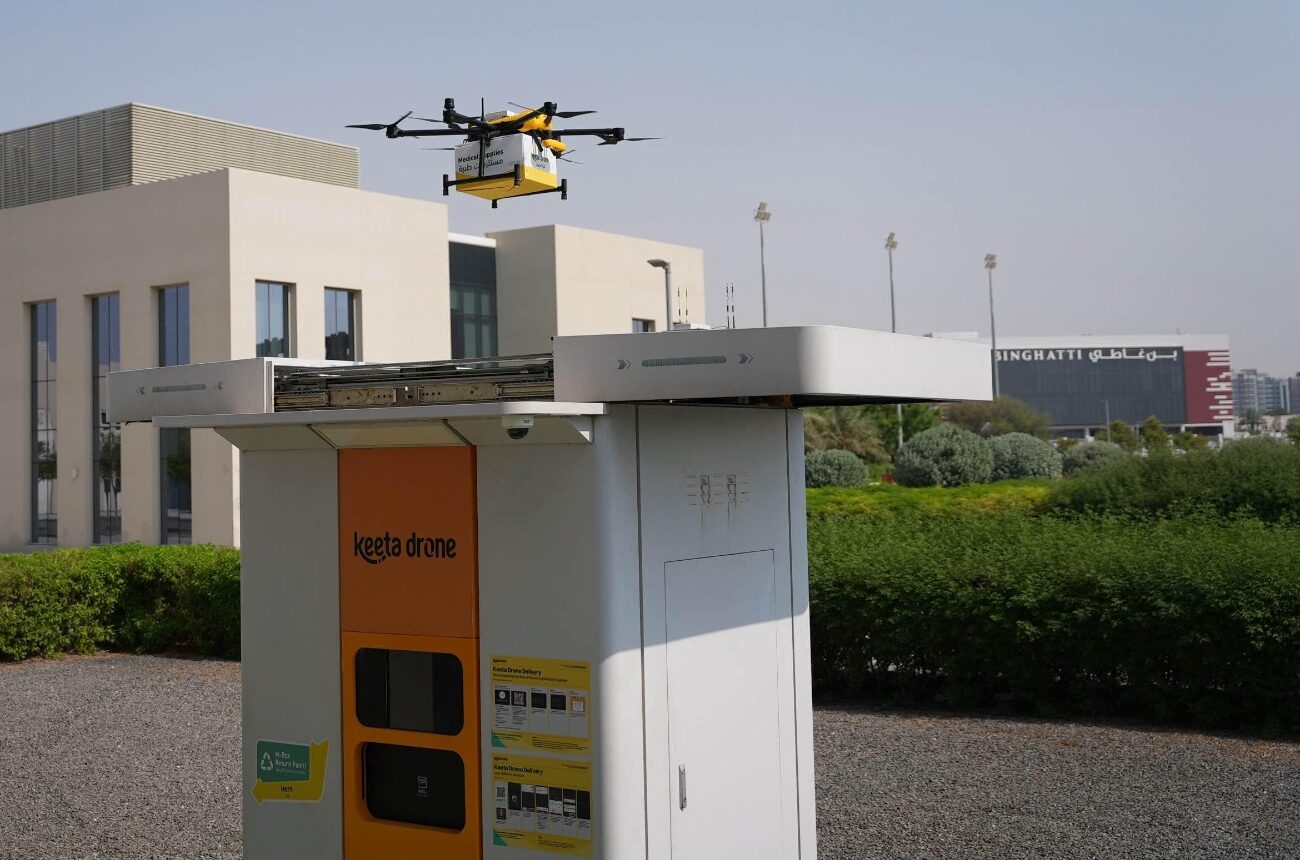Amid the explosive performance of cryptocurrencies this year – with Bitcoin breaking the $100,000 ceiling last week – investors are buckling up for what looks to be a wild ride in 2025.
Eric Trump was greeted with hoots and hollers when he took the stage at December’s Bitcoin MENA conference in Abu Dhabi and promised that his dad will be “most pro-crypto president in the history of America.”
The event coincided with an announcement from the UAE’s Central Bank that it will issue the AE Coin, a so-called stablecoin that will be subject to government regulation to assure its trustworthiness as a digital currency.
After opening the year at $44,204, Bitcoin has soared more than 130%, hitting an all-time high on Tuesday of $107,778 – before slipping yesterday to $94,569 and illustrating crypto’s unpredictability.
In an interview with The Circuit, Tim Popplewell, owner and CEO of Dubai-based Scintilla Network, talks about his investment firm’s crypto strategy, the critical role of regulation in building trust and how the Gulf is poised to lead the next chapter in digital innovation.
Where do you think the UAE is headed in addressing Crypto?
One of the key aspects of cryptocurrencies and digital assets is regulation, and that’s crucial. Generally speaking, there have been some not-so-great stories in recent years, with people paying heavy prices, including prison time.
The UAE, and the Middle East more broadly, has been fantastic in taking the lead. They’ve gone from having little to no framework to establishing authorities like VARA – the Virtual Asset Regulatory Authority – here in Dubai, which is truly leading the world. And I don’t think it’s just me saying that from Dubai. I travel enough to know that this is a widely held opinion in the industry regarding regulation in this space.
With solid regulation comes bigger players. Once the major players realize it’s safe to operate here, they start moving in. You saw it at the [Bitcoin MENA event]. The caliber of international players coming to this region is precisely the kind you want to attract. Regardless of your political views, having Eric Trump speak about crypto is a significant endorsement. Bitcoin MENA is the region’s first event of this kind, and for its debut, it attracted someone of that stature. That speaks volumes about the importance of this space in the region.
As for trends, it’s completely inevitable that digital assets and currencies are the future. Just this [month], we’ve seen leaders from Russia, China, the US, Europe, Britain, and others all make statements in favor of cryptocurrencies, digital assets, central bank digital currencies, or stablecoins. The direction is clear – this is unstoppable.
You also have influential figures like Michael Saylor, BlackRock’s Larry Fink, and many others backing this movement. The trajectory is inevitable; it’s just a matter of what form it will take.
How is digital currency used here in the MENA region?
The MENA region started off behind but is now moving ahead very quickly. One example is the use of Central Bank Digital Currencies (CBDCs). That is an area where the Middle East region has really taken a bit of a lead. A CBDC is a digital currency issued by central banks. In this region, for large oil transactions, CBDCs help cut out middlemen, reduce fees, and speed up transaction times. Another key advantage is that once a transaction happens, it cannot be reversed or disappear — it’s immutable. It is impossible for it to disappear. It is impossible for funds to go missing.
CBDCs also help legitimize trade in the region. A few years ago, there was still skepticism about whether the Middle East could play a significant role in global finance. Now, digital currencies are helping change that perception. For example, at Abu Dhabi Finance Week, the slogan was “The Capital of Capital,” and no one questions that anymore. I think digital currencies have played a role in that.
What is happening in the UAE regarding digital currency, especially with the recent stablecoin announcement?
At one end of the spectrum, you have central bank digital currencies (CBDCs). These are essentially the digital version of what central banks currently do when they print money, backed fully by the government. At the other end, you have cryptocurrencies, which aren’t backed by anything tangible—only by market sentiment. In the middle, you have stablecoins. The idea behind a stablecoin is that it’s backed by actual assets. For example, the recently announced AE Coin, a new stablecoin for the UAE, is backed by dirhams and other assets. If you buy one dirham worth of stablecoin, it’s fully supported by an equivalent dirham in reserve, ensuring its stability and security.
Can we predict what’s going to happen in the next 5 to 10 years?
In terms of major cryptocurrencies, I think their growth is somewhat inevitable. Far be it from me to make a price prediction, but if you were to ask whether Bitcoin, for example, will be higher in five years than it is today, I’d say it’s almost inevitable. I really can’t see any reasons for that not happening.
The real fascination lies in the interplay between CBDCs, stablecoins, and cryptocurrencies over the next five years. How these entities interact will be key. If you look at CBDCs, on one hand, they offer benefits like cutting costs and reducing transaction times. On the other hand, they bring concerns about government surveillance and tracking how people spend their money. It’s a two-sided story, and I don’t know how it will play out, but it will definitely be fascinating to watch.
Stablecoins, again, seem inevitable. They’re clearly the way of the future, and I don’t think there’s much doubt about that. Cryptocurrencies, however, are more complex. Right now, there are millions of them, and I think we’ll see a split. The larger cryptocurrencies that can be traded in regulated spaces will grow stronger because people trust them. They’re not going to experience “pump and dump” schemes or other risks that jeopardize their money. Then there’s the speculative, “Wild West” side—meme coins and unregulated cryptocurrencies. They’ll continue to exist outside regulation, but good luck to anyone investing in those. They won’t disappear entirely, but the space will split: regulated cryptocurrencies will attract most players, while unregulated ones will remain high-risk.
How do you advise your clients to ensure their investments are secure in crypto?
We are in an interesting position because we are regulated by VARA and we were incubated within a global law firm. So, we saw this coming years ago – the Wild West phase would eventually end, and regulation would become the only way for people like yourself to feel comfortable putting your hard-earned money into this space, whether as an investment or as a way of paying bills.
This ties back to what I mentioned earlier about the importance of regulated players. For example, we’re regulated for exchange services. This means that when you put your money with a regulated provider like us, you can trust that it’s safe. We have to abide by VARA’s regulations, which allow us to do certain things but also prevent us from engaging in others. That’s the direction this space is heading.
On the other hand, if you put your money into a meme coin just because some influencer or KOL (Key Opinion Leader) thinks it’s funny or trendy, well, good luck. Those coins aren’t regulated, and unfortunately, when things go south – and it really is “when,” not “if” – it’s a case of “buyer beware.”
I think we’re going to see a clear shift toward quality, and that quality will revolve around regulated providers.
